Why trust NerdWallet
Strict editorial guidelines to ensure fairness and accuracy in our coverage to help you choose the financial products that work best for you. See our criteria for evaluating homeowners insurance.
More than 270 million rates analyzed by our team of specialists.
More than 50 insurance companies analyzed in all 50 states and Washington D.C. (See our top picks.)
Chubb and Country Financial are among the best home insurance companies in Georgia, according to our analysis.
We analyzed data from more than 30 insurance companies to help you find the best home insurance in Georgia. Below are the insurers that earned 4.5 stars or more in our analysis. Rates are based on a sample homeowner with good credit, $300,000 of dwelling coverage, $300,000 of liability coverage and a $1,000 deductible.
Note: Some insurance companies included in this article may have made changes in their underwriting practices and no longer issue new policies in your state.
Get home insurance quotes in minutes
Answer a few questions to see custom quotes and find the right policy for you.The best homeowners insurance in Georgia
Here's more information about the best homeowners insurance companies in Georgia.

Amica
Well-established insurer known for great customer service.- High customer satisfaction ratings and low consumer complaints.
- Platinum Choice package offers extra coverage.
- Simple online claims filing and tracking.
- You can start a quote online but have to finish the buying process by phone.
Amica stands out for its broad range of coverage options and customer service. The company has drawn far fewer consumer complaints to state regulators than expected for an insurer of its size, according to the National Association of Insurance Commissioners.
You can customize your policy with extra coverage above your dwelling limit, in case your house costs more to rebuild than expected. You may also want to add coverage for damage from water backups or recovery from identity theft.
» READ MORE: Amica homeowners insurance review

Auto-Owners
Auto-Owners offers plenty of ways to customize your policy and save money on home insurance.- Large number of discounts.
- Has optional specialty coverage not offered by many other insurers.
- Very few consumer complaints.
- No online quotes or claims submission.
Auto-Owners has been in business for more than a century. Its homeowners policies include all the basics, but you can also add coverage for things like identity theft or equipment breakdown (the failure of home appliances). Guaranteed replacement cost coverage is another optional add-on, enabling you to rebuild your home after a total loss even if your dwelling coverage limit is too low.
Auto-Owners sells homeowners insurance through independent agents.
» READ MORE: Auto-Owners homeowners insurance review
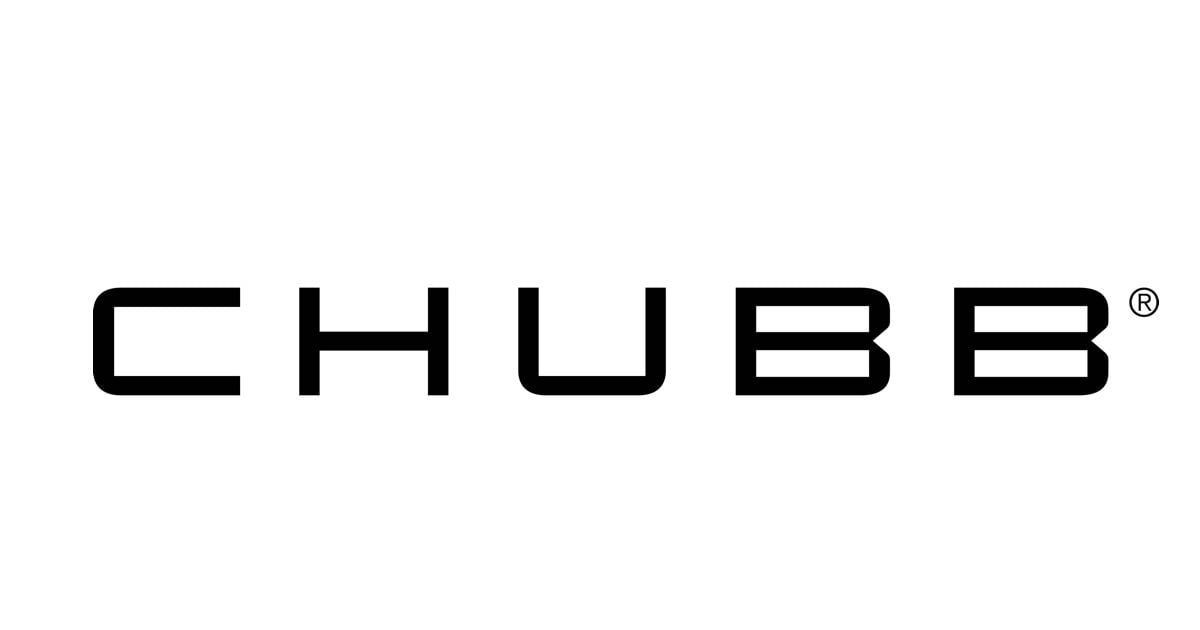
Chubb
Perks and high coverage limits for affluent homeowners.- Significantly fewer consumer complaints than expected for a company of its size.
- Standard coverage includes features that many companies offer only as extras.
- Large number of potential discounts.
- Most consumers aren't able to get a quote online and will instead need to contact a local agent.
Chubb caters to owners of high-value homes and draws far fewer consumer complaints than expected for a company of its size, according to the NAIC. Its home insurance policies come with some great perks, including extended replacement cost coverage in case it costs more than your dwelling limit to rebuild your home after a disaster.
Georgia homeowners can also sign up for free Wildfire Defense Services. These services include personalized recommendations for protecting your home and deployment of firefighters to your house if a wildfire is approaching.
» READ MORE: Chubb homeowners insurance review

Country Financial
Best for those who prefer to have a personal conversation with an agent when choosing coverage.- Far fewer complaints than expected for a company of its size.
- Many discounts and coverage options available.
- Can get an online quote but must finish the purchase over the phone.
Country Financial has multiple levels of homeowners coverage to help you choose the package that’s best for you. You also have the option to add extra coverage for the structure of your home, in case inflation drives up the cost of rebuilding more than you expect.
Country Financial sells homeowners insurance through local representatives. The company has drawn far fewer complaints than expected to state regulators.
» READ MORE: Country Financial homeowners insurance review
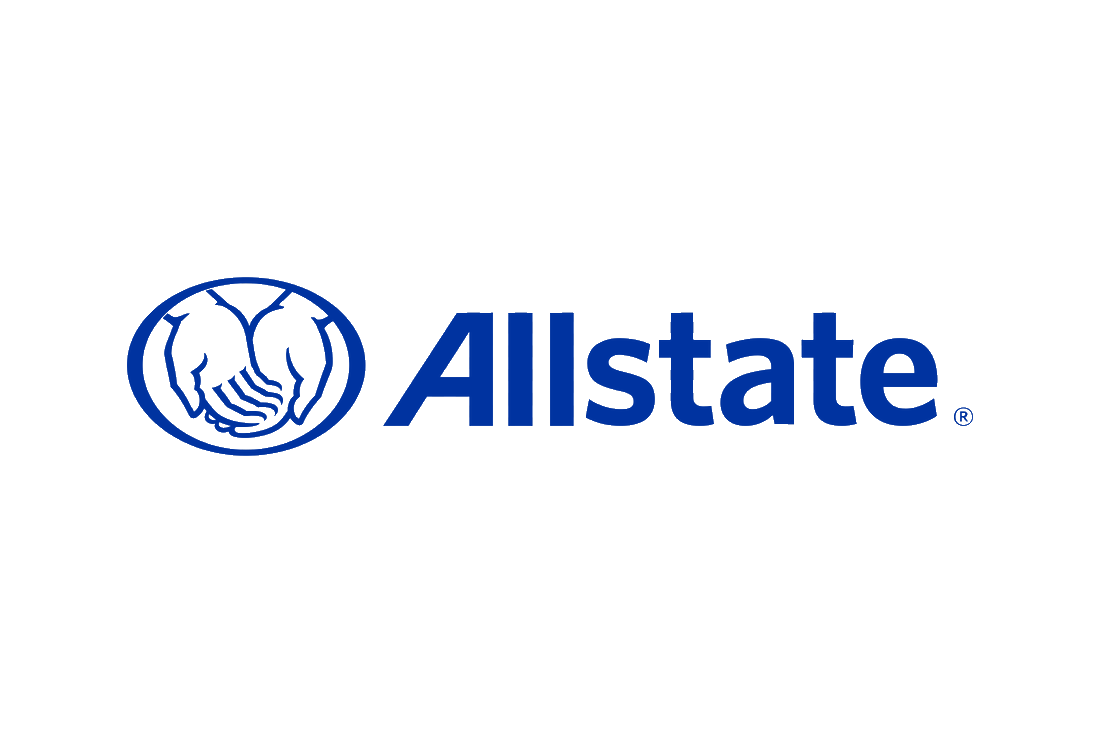
Allstate
Widely available across the U.S. with lots of ways to customize your policy.- Lots of discounts to help you save.
- Home-sharing coverage available.
- Many ways to customize your coverage.
- Ranked below average in J.D. Power’s 2024 U.S. Home Insurance Study.
Allstate is one of the largest home insurance companies in the U.S. The company offers many ways to customize your policy, including replacement cost coverage for your personal property and water backup coverage, which applies if sewer lines or sump pumps back up and damage your home.
You may also be able to upgrade your policy with the Enhanced Package. One benefit of this package is Deductible Rewards, which takes $100 off your deductible for signing up, plus an additional $100 off for each year you go claim-free. And if you do file a claim, your rates won’t go up.
» READ MORE: Allstate homeowners insurance review

American Family
Customizable coverage and discounts for smart-home devices.- Variety of coverage options.
- Discounts available for qualifying smart-home devices.
- Far fewer consumer complaints than expected for a company of its size.
- May restrict liability coverage for certain dog breeds.
American Family receives far fewer consumer complaints than expected for a company of its size, which suggests policyholders tend to be happy with its service. You may be able to add coverage for identity theft, the breakdown of major appliances or repairs to service lines that run to your house.
Discounts may be available for installing smart-home devices, bundling multiple policies or setting up automatic payments.
» READ MORE: American Family homeowners insurance review
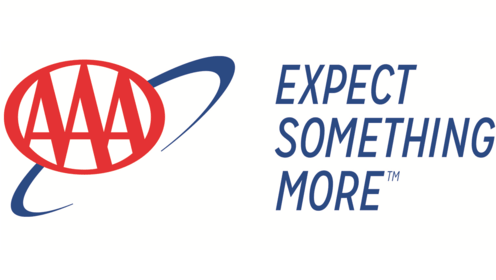
Auto Club Group
Sells homeowners insurance on behalf of AAA in states like North and South Carolina.- Many coverage options and discounts available.
- AAA membership includes roadside assistance and other benefits.
- Fewer consumer complaints than expected for a company of its size.
- A membership fee may be required.
- May have to switch insurers if you move states.
- Restricts coverage for certain dog breeds.
Auto Club Group is one of several companies selling AAA-branded homeowners insurance policies. Options may include coverage for underground utility lines that serve your home, major appliances that break down or flood damage in lower-risk areas.
You may be able to save on your premiums by bundling home and auto insurance. However, you’ll want to weigh the savings against the cost of AAA membership, which may be required in order to buy a policy.
» READ MORE: AAA homeowners insurance review

Cincinnati Insurance
Sells homeowners policies through local independent agents across the U.S.- Various coverage options.
- Far fewer complaints than expected for a company of its size.
- Has special coverage packages for higher-value homes.
- No online quotes.
Cincinnati Insurance sells homeowners policies through independent agents, with various options for standard and high-value homes. You may be able to add coverage for things like identity theft, personal cyber attacks or certain types of water damage.
Cincinnati may offer you a discount for bundling home and auto insurance, having a newer home or installing a centrally monitored alarm system.
» READ MORE: Cincinnati Insurance homeowners insurance review
Farmers
Those seeking policy add-ons like diminishing deductibles and claims forgiveness may want to consider Farmers.- Several coverage options can help save money.
- Less common coverage options are available.
- Discounts for nonsmokers and members of certain professions.
- Ranked below average for customer satisfaction in J.D. Power’s 2024 U.S. Home Insurance Study.
Farmers stands out for its lengthy list of discounts, including ones for installing protective systems like fire alarms and sprinklers, not smoking for the past two years, and paying your premium on time.
Add-on options include personal property replacement cost coverage, which will fully reimburse you for the cost of replacing a stolen, damaged or destroyed item. You may also want to buy coverage for water damage caused by backed-up drains or sewer lines.
» READ MORE: Farmers homeowners insurance review
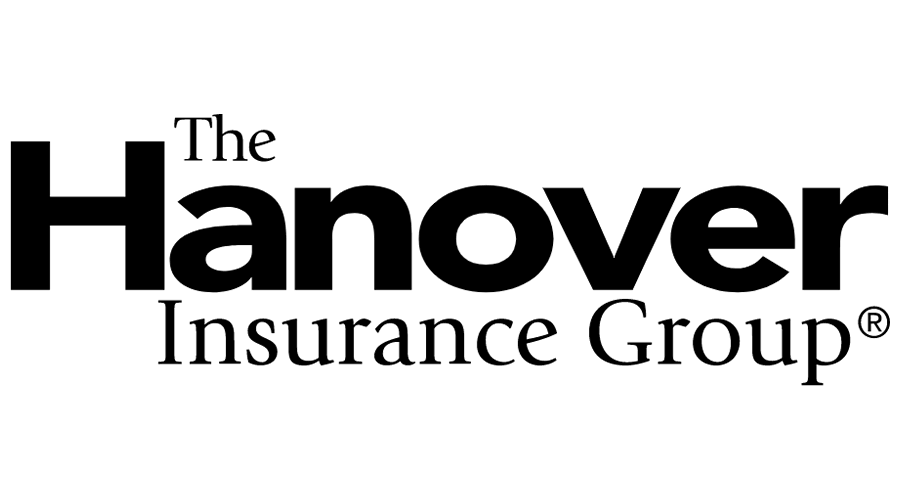
The Hanover
Best for homeowners looking for many ways to customize their policy.- Extensive list of coverage options.
- Far fewer consumer complaints than expected for a company of its size.
- Comprehensive package available for high-value homes.
- No online quote option.
- Poorly rated mobile app.
The Hanover gives homeowners lots of choices. You can opt for an auto/home package, a policy designed for high-value homes or a standalone policy for a standard house. You can further customize your policy with a range of options such as guaranteed replacement cost coverage, which will pay as much as it takes to rebuild your home after a disaster.
The Hanover sells policies exclusively through local independent agents. That means online quotes aren’t available, but you can get personal service to help you choose the right coverage.
» READ MORE: Hanover homeowners insurance review

Nationwide
For shoppers seeking a broad range of coverage options, Nationwide may fit the bill.- Offers free smart device to prevent electrical fires in many states.
- Many discounts available.
- Website offers lots of useful features and information.
- Doesn't insure mobile or manufactured homes.
Nationwide’s standard homeowners policies include ordinance or law coverage, which pays to bring your home up to the latest building codes after a covered claim. They also include coverage for unauthorized credit or debit transactions. For an extra cost, you may be able to add coverage for things like water backup damage, identity theft and stronger materials to replace your roof.
Depending on how much personal assistance you need, you can get a quote for homeowners insurance on the Nationwide website or work with a local agent instead. You can also use the website to pay bills, file claims or check claim status.
» READ MORE: Nationwide homeowners insurance review

Openly
Premium coverage for high-end homes with no dog breed restrictions.- Policies typically include guaranteed replacement cost coverage for your home's structure.
- Broad coverage for personal belongings.
- No restricted dog breeds.
- No online quotes.
Openly’s default homeowners policy goes significantly beyond those of many other insurers. Most notably, it offers guaranteed replacement cost coverage for the structure of your home. That means if your house is destroyed by a covered disaster, Openly will pay whatever it takes to rebuild it the way it was before, up to $5 million.
Plus, if your things are stolen or destroyed, Openly will pay enough for you to buy brand-new replacements, rather than paying less for older items that have lost value over time. It also covers your belongings on an “open perils” basis, paying for damage from anything except scenarios your policy excludes. Most home insurance policies cover damage only from causes specifically named in your policy.
» READ MORE: Openly homeowners insurance review
State Farm
Well-established insurer with a lengthy list of coverage options.- User-friendly website.
- Agents offer personalized service.
- Policies generally include extra coverage for your home’s structure.
- Advertises fewer discounts than some other insurers.
As America’s largest home insurer, State Farm stands out for its long list of coverage options. Its policies generally include extra dwelling coverage in case it costs more than expected to rebuild your home after a covered disaster. You may also be able to add coverage for things like identity theft, damage from backed-up drains and personal injury liability.
State Farm offers a free Ting device as a perk for home insurance policyholders. Ting is a smart plug that monitors your home’s electrical network to help prevent fires.
» READ MORE: State Farm homeowners insurance review
Travelers
Offers lots of coverage options, decent discounts and a strong online experience.- User-friendly features on website and app.
- Discounts for eco-friendly homeowners.
- Draws fewer consumer complaints than expected for a company of its size.
- Doesn’t insure mobile or manufactured homes.
Travelers offers a robust online experience. You can use the website to get a homeowners insurance quote, file and track claims, make payments, and learn about insurance basics.
Its coverage offerings are similarly strong. For example, you may be able to add extra coverage in case the dwelling limit on your home isn’t enough to rebuild your house after a disaster. One unique option is Travelers’ green home coverage, which pays extra if you want to use eco-friendly materials when repairing or rebuilding your home after a covered claim.
» READ MORE: Travelers homeowners insurance review
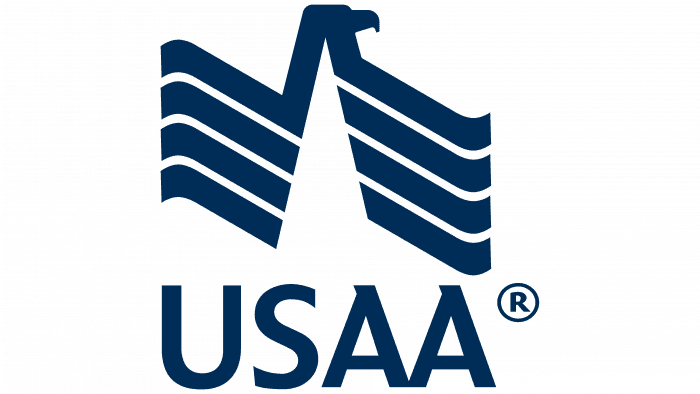
USAA
Offers perks and affordable rates for the military community.- Policies include standard coverage that often costs extra elsewhere.
- Far fewer customer complaints to state regulators than expected for a company of its size.
- Rates are below the national average, according to NerdWallet’s analysis.
- Available only to active military members, veterans and their families.
USAA sells homeowners insurance to veterans, active military members and their families. If that description fits you, you may want to consider a USAA policy. That’s because the company’s homeowners insurance has certain features that other insurers may charge extra for.
For example, USAA automatically covers your personal belongings on a replacement cost basis. Many companies pay out only what your items are worth at the time of the claim, which means you may not get much for older items. USAA pays enough for you to buy brand-new replacements for your stuff.
» READ MORE: USAA homeowners insurance review
How much does homeowners insurance cost in Georgia?
The average annual cost of home insurance in Georgia is $2,435. That’s 15% more than the national average of $2,110.
In most U.S. states, including Georgia, many insurers use your credit-based insurance score to help set rates. Your insurance score is similar but not identical to your traditional credit score.
In Georgia, those with poor credit pay an average of $4,275 per year for homeowners insurance, according to NerdWallet’s rate analysis. That’s 76% more than those with good credit.
Average cost of homeowners insurance in Georgia by city
How much you pay for home insurance in Georgia depends on your ZIP code. For example, the average cost of homeowners insurance in Atlanta is $2,620 a year, while homeowners in Athens pay $2,170 a year, on average.
City | Average annual rate | Average monthly rate |
|---|---|---|
Acworth | $2,205 | $184 |
Alpharetta | $2,110 | $176 |
Athens | $2,170 | $181 |
Atlanta | $2,620 | $218 |
Augusta | $2,450 | $204 |
Buford | $2,045 | $170 |
Canton | $2,140 | $178 |
Columbus | $2,775 | $231 |
Covington | $2,350 | $196 |
Cumming | $2,200 | $183 |
Decatur | $2,440 | $203 |
Douglasville | $2,225 | $185 |
Duluth | $2,060 | $172 |
Gainesville | $2,195 | $183 |
Kennesaw | $2,125 | $177 |
Lawrenceville | $2,170 | $181 |
Lithonia | $2,720 | $227 |
Macon | $2,515 | $210 |
Marietta | $2,215 | $185 |
McDonough | $2,280 | $190 |
Roswell | $1,980 | $165 |
Savannah | $2,740 | $228 |
Stone Mountain | $2,440 | $203 |
Valdosta | $2,480 | $207 |
Woodstock | $2,195 | $183 |
The cheapest home insurance in Georgia
Here are the insurers we found with average annual rates below the Georgia average of $2,435.
Company | NerdWallet star rating | Average annual rate |
|---|---|---|
Not rated | $1,600 | |
$1,730 | ||
$2,160 | ||
Alfa | Not rated | $2,170 |
Georgia Farm Bureau | Not rated | $2,325 |
Grange | Not rated | $2,340 |
$2,390 | ||
USAA* | $1,900 | |
*USAA homeowners policies are available only to active military, veterans and their families. | ||
Common risks for Georgia homeowners
Here are a few things to keep in mind when evaluating your options for home insurance in Georgia.
Thunderstorms
Thunderstorms bring heavy rain that can cause flooding even away from the coast. Homeowners insurance typically doesn’t cover flood damage, so if you live in an at-risk area, you may want to buy separate flood insurance. You can get it from a private company or through the National Flood Insurance Program.
To check your flood risk, start by looking up your address on the Federal Emergency Management Agency's flood maps. However, FEMA’s maps can be outdated and don’t always capture all types of flood risk. Another source to check is First Street, a private company that models climate hazards. Enter your address at the top of the page to see your home’s flood risk rating on a scale of 1 to 10.
Georgia’s thunderstorms can also bring hail, but most homeowners insurance policies will cover any resulting damage.
Hurricanes
Georgia home insurance policies typically come with a hurricane or windstorm deductible that you must cover before insurance pays out for hurricane-related claims. Your policy will generally cover wind damage but not flooding from hurricanes.
For more information on how insurance works in a hurricane, read our guide to hurricane insurance.
Tornadoes
A standard homeowners insurance policy typically covers tornado damage. If your policy includes loss of use coverage, it will cover any expenses you might incur if tornado damage displaces you from your home. Bear in mind that if a tornado is caused by a hurricane or tropical storm, your hurricane deductible may apply.
Georgia FAIR Plan
If you find that you’re repeatedly being denied home insurance because of where you live, especially on the coast, look for policies from the Georgia Underwriting Association. It covers homes the private insurance market won’t.
Get home insurance quotes in minutes
Answer a few questions to see custom quotes and find the right policy for you.Georgia Office of Insurance and Safety Fire Commissioner
If you want to file a customer complaint against your home insurance company, look up an agent or simply learn more about your rights, the consumer services division of the Office of Commissioner of Insurance and Safety Fire may be able to help. Its website allows homeowners to file complaints electronically and includes information about what home insurance typically covers in Georgia. Assistance is available by calling 404-656-2070.
- Find home insurance in other states
Frequently asked questions
Is homeowners insurance required in Georgia?
Is homeowners insurance required in Georgia?
No, homeowners insurance is not legally required in Georgia. But if you have a mortgage, your lender will probably require you to have it. Home insurance can still be a wise purchase even if you don’t have a mortgage since Georgia is prone to natural disasters like hurricanes and tornadoes. For more information, read Is Homeowners Insurance Required?
How much is homeowners insurance per month in Georgia?
How much is homeowners insurance per month in Georgia?
Georgia home insurance costs an average of $203 per month, or $2,435 per year, for homeowners with good credit, no recent claims, $300,000 in dwelling and liability coverage, and a $1,000 deductible. Your own rates will be different.
Why is home insurance so expensive in Georgia?
Why is home insurance so expensive in Georgia?
Home insurance prices vary by state due in part to each state’s unique climate conditions. Homes in Georgia are vulnerable to damage from hurricanes and tornadoes, which drives up the cost of insurance. More generally, homeowners insurance rates have risen across the country due to recent inflation, which has increased rebuilding costs after a claim.
Homeowners insurance rates methodology
NerdWallet calculated median rates for 40-year-old homeowners from various insurance companies in the 25 largest cities in each U.S. state by population. All rates are rounded to the nearest $5.
Sample homeowners were nonsmokers with good credit living in a single-family, two-story home built in 1984. They had a $1,000 deductible and the following coverage limits:
$300,000 in dwelling coverage.
$30,000 in other structures coverage.
$150,000 in personal property coverage.
$60,000 in loss of use coverage.
$300,000 in liability coverage.
$1,000 in medical payments coverage.
We made minor changes to the sample policy in cases where rates for the above coverage limits or deductibles weren’t available.
We changed the credit tier from “good” to “poor,” as reported to the insurer, to see rates for homeowners with poor credit.
These are sample rates generated through Quadrant Information Services. Your own rates will be different.
Star rating methodology
NerdWallet’s homeowners insurance ratings reward companies for customer-first features and practices. Ratings are based on weighted averages of scores in several categories, including financial strength, consumer complaints, coverages, discounts and online experience. These ratings are a guide, but we encourage you to shop around and compare several insurance quotes to find the best rate for you. NerdWallet does not receive compensation for any reviews. Read our full homeowners insurance rating methodology.
Complaint methodology
NerdWallet examined complaints received by state insurance regulators and reported to the National Association of Insurance Commissioners in 2021-2023. To assess how insurers compare with one another, the NAIC calculates a complaint index each year for each subsidiary, measuring its share of total complaints relative to its size, or share of total premiums in the industry. To evaluate a company’s complaint history, NerdWallet calculated a similar index for each insurer, weighted by market shares of each subsidiary, over the three-year period. NerdWallet conducts its data analysis and reaches conclusions independently and without the endorsement of the NAIC. Ratios are determined separately for auto, home (including renters and condo) and life insurance.
